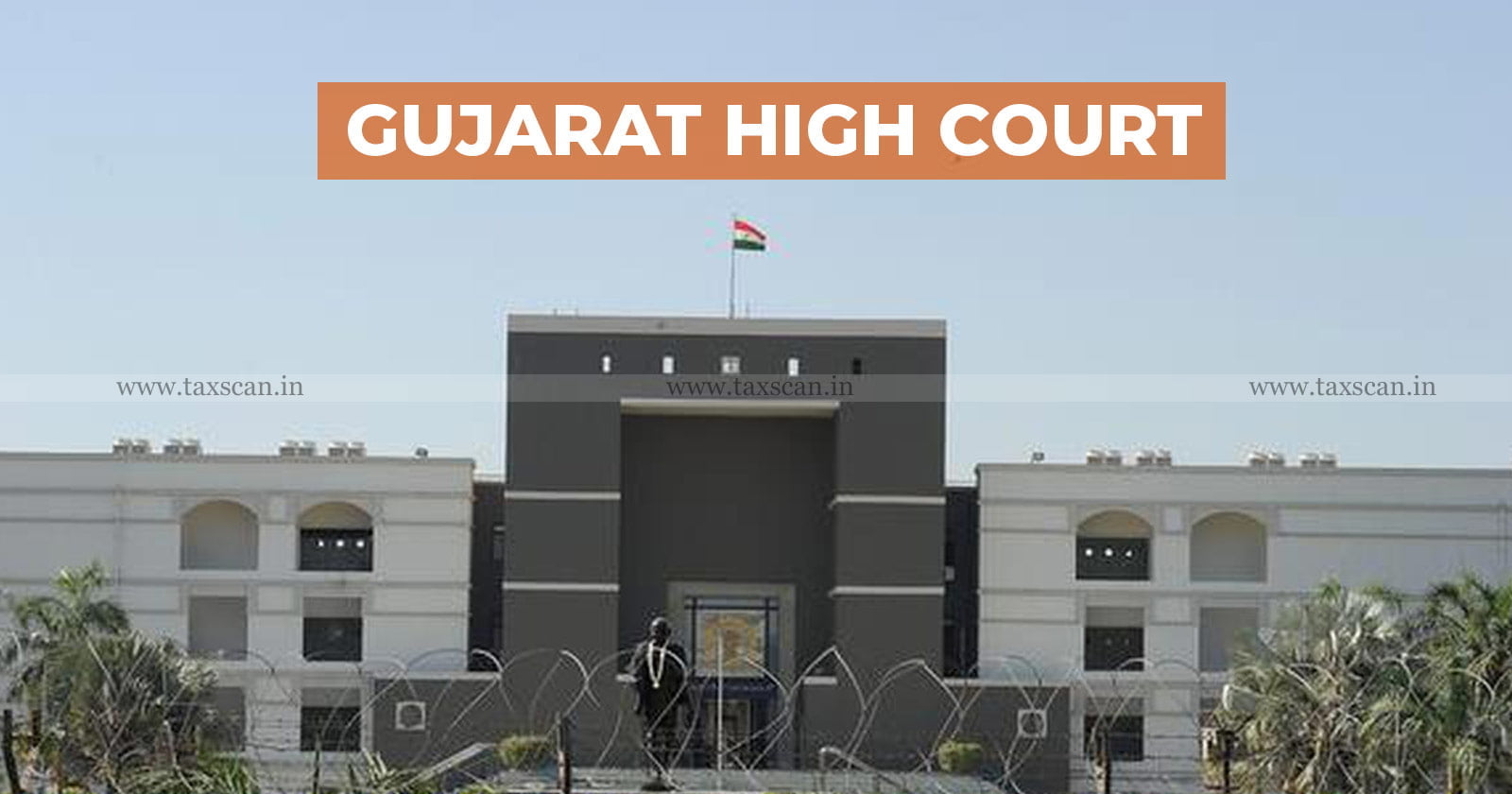Electricity Supply Without Consumption Not Taxable as Sale: Karnataka HC Strikes Down Tax on Minimum Tariff [Read Order]
The Karnataka High Court rules that electricity supply without actual consumption is not taxable as a sale, striking down the levy on minimum tariff.
![Electricity Supply Without Consumption Not Taxable as Sale: Karnataka HC Strikes Down Tax on Minimum Tariff [Read Order] Electricity Supply Without Consumption Not Taxable as Sale: Karnataka HC Strikes Down Tax on Minimum Tariff [Read Order]](https://images.taxscan.in/h-upload/2025/06/26/2054774-electricity-supply.webp)
In a recent decision, the Karnataka High Court struck down the tax imposed on minimum electricity charges, ruling that the supply of electricity without actual consumption cannot be treated as a sale and is not taxable. The court held that the State does not have the legal authority to levy a tax on such charges under the Indian Constitution.
The case was brought by several textile companies and the Federation of Karnataka Chambers of Commerce and Industry, which filed writ petitions challenging the validity of Section 3(1) of the Karnataka Electricity (Taxation on Consumption) Act, 1959. The section was amended in 2003 and 2004 to impose a 5% tax on electricity charges, including minimum charges paid even when electricity was not consumed.
 Also Read:GST Goods Confiscation Matter Involves Disputed Facts: Gujarat HC Refuses to Entertain Writ Petition [Read Order]
Also Read:GST Goods Confiscation Matter Involves Disputed Facts: Gujarat HC Refuses to Entertain Writ Petition [Read Order]
The petitioners’ counsel argued that the State’s power to impose tax on electricity comes from Entry 53 of the State List in the Constitution, which only allows tax on the “consumption or sale” of electricity. They claimed that being charged tax on electricity that was merely supplied but not used was beyond the State's legislative powers.
Want a deeper insight into the Income Tax Bill, 2025? Click here
In response, the State government’s counsel argued that the petitions had become irrelevant since the law had been amended again in 2018 to remove the disputed provision. They also argued that the tax was valid and that the petitioners were not entitled to refunds because they had not shown that they themselves bore the tax burden rather than passing it on to their customers.
A single bench led by Justice Anant Ramanath Hegde observed that the act of supplying electricity without its actual use does not amount to consumption or sale. The court referred to constitutional provisions and earlier Supreme Court rulings, stating that taxation on unconsumed electricity was not supported by law. The court also observed that even though the law had changed during the case, the challenge was still relevant because the petitioners had paid the tax earlier and were seeking relief.
The court declared the amended Section 3(1) unconstitutional to the extent that it taxed electricity supply without regard to consumption. It allowed the federation’s petition in full, directing the State to refund the tax collected from it between January 15, 2009, and July 18, 2018. For the textile companies, the court did not grant a refund immediately. It observed that these companies had not shown that they bore the tax burden themselves and gave them the liberty to pursue a refund separately through proper legal channels. The writ petition was partly allowed for the companies and fully allowed for the federation.
Support our journalism by subscribing to Taxscanpremium. Follow us on Telegram for quick updates


